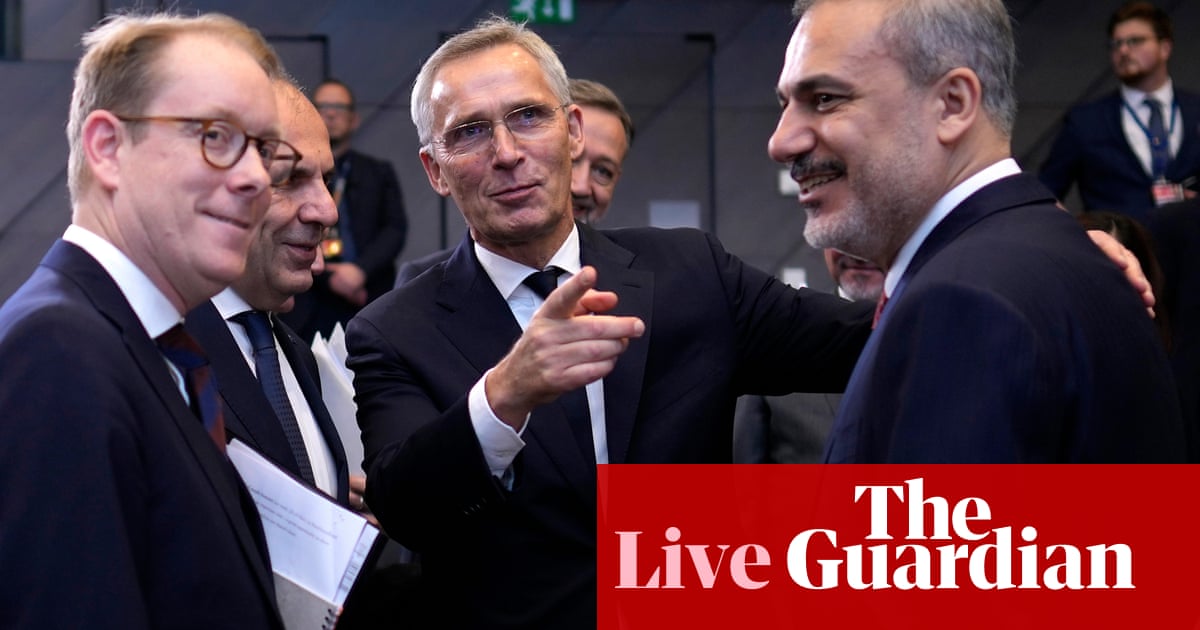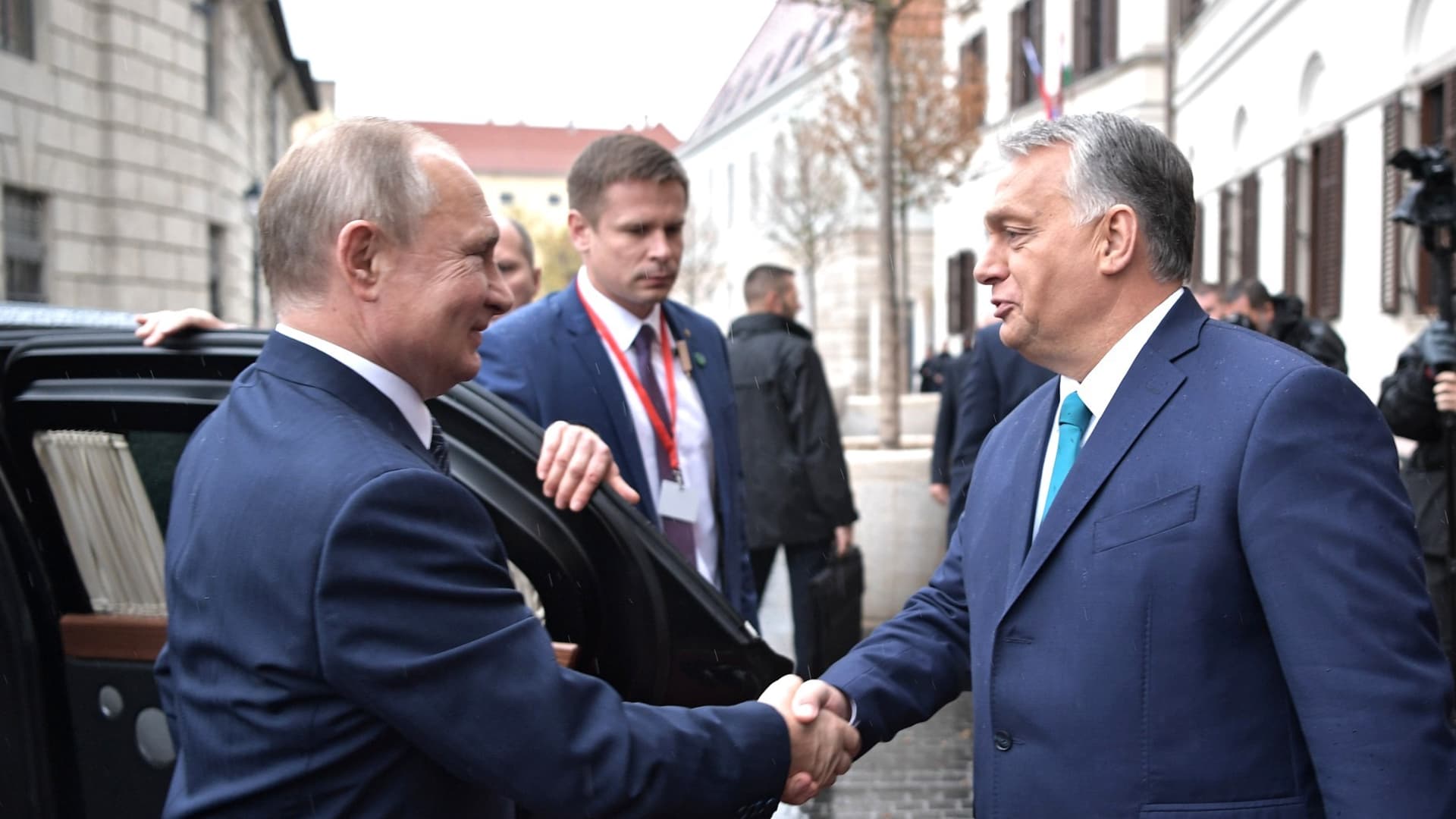Explainer-What Turkey gained in delaying Sweden’s NATO bid
ANKARA (Reuters) – Turkey has told Sweden it expects to ratify its accession to the NATO military alliance within weeks, Sweden’s foreign minister said on Wednesday, offering a potential timeframe for expanding the Western bloc after 18 months of delays.
The delays, including a Turkish parliament commission putting off a vote on the issue this month, have frustrated some allies and extracted some concessions.
In May 2022, Turkish President Tayyip Erdogan raised objections to request by Sweden and Finland to join the military alliance. The Nordic states made the bids after Russia’s full-scale invasion of Ukraine.
Turkey ratified Finland’s bid in April but, along with NATO member Hungary, has kept Sweden waiting. Ankara has demanded that Stockholm take more steps to crack down on what it sees as terrorists in its jurisdiction.
Here is a guide to what Stockholm, Helsinki, Washington and other NATO members have done to address Ankara’s concerns, marking what political analysts say are geopolitical victories for Erdogan even as he has strained Turkey’s Western ties:
?
At a NATO meeting in Madrid last year, Turkey secured an agreement with Sweden and Finland in which they would lift arms embargoes and take measures against members of the outlawed Kurdistan Workers’ Party (PKK), and the separate so-called Gulen movement that Ankara holds responsible for a 2016 coup attempt.
Last year, Stockholm reversed a ban on exporting military equipment to Turkey, without revealing details of companies or products.
In June, it introduced a new anti-terrorism bill that makes being a member of a terrorist organization illegal, saying that it had upheld its part of the deal.
In recent months, a top Swedish court blocked the extradition of two Turks that Ankara says are Gulenists, while an appeals court upheld the conviction of a man for attempting to finance the PKK, which is also deemed a terrorist group by the European Union and United States.
Separately, in response to criticism in Turkey and other majority Muslim countries, Justice Minister Gunnar Strommer said Sweden was examining whether it could change the law to stop people burning the Muslim holy book the Koran in public.
Finland, for its part, agreed last year to consider granting arms export permits to Turkey on a case-by-case basis. After nearly a year wait, Ankara said Helsinki had won its blessing.
?
When Erdogan signalled at a NATO conference in July that Sweden would eventually get the green light, NATO member Canada quietly agreed to re-open talks with Turkey on lifting export controls on drone parts, including optical equipment.
The Netherlands lifted restrictions on arms deliveries to Turkey.
Also in July, following a meeting between Turkish and Swedish leaders, Secretary-General Jens Stoltenberg announced NATO would establish a special coordinator for counterterrorism. In October, he appointed Assistant Secretary-General Thomas Goffus to the post.
SWEDEN’?
Hanging over discussions has been the question of Washington’s endorsement of Ankara’s request to purchase $20 billion worth of F-16 fighter jets and 79 modernisation kits.
A day after Erdogan gave the green light for Sweden to join NATO in July, the White House said it would move ahead with the transfer of the F-16s to Turkey in consultation with Congress.
In October, Erdogan sent Sweden’s NATO bid to Turkey’s parliament for consideration. But he has said Washington was linking the F-16s ratification with that of Sweden.
Ankara made the F-16 purchase request in 2021. But it has faced objections in the U.S. Congress over Turkey’s delaying of NATO enlargement and its human rights record. Ankara has since floated a potential purchase of Eurofighter jets instead.
’S BID?
Although Hungary has also not ratified Sweden’s bid, Turkey is seen as the main hurdle.
At a NATO meeting in Brussels on Wednesday, Swedish Foreign Minister Tobias Billstrom said Turkish Foreign Minister Hakan Fidan “didn’t present a date but said (ratification would happen) ‘within weeks'”. Fidan said it was likely to likely happen before year end, a U.S. official said separately.
Turkish parliament’s foreign affairs commission could hold further talks on Sweden’s membership bill any day. If it ultimately backs the bill, as expected, Turkey’s full general assembly would hold a vote possibly soon afterward.
Since submitting the bill to parliament in October, Erdogan has said he will try to facilitate ratification but that Stockholm still had not taken enough action against Kurdish militants.
Israel’s war against the Palestinian militant group Hamas in Gaza could strain U.S.-Turkish ties and complicate NATO enlargement, analysts say.
After Erdogan said Hamas was not a terrorist organisation but a liberation group fighting to protect Palestinian lands, 47 U.S. Congress members urged the administration to hold Turkey accountable for its role in supporting Hamas.
(Editing by Jonathan Spicer, Editing by Timothy Heritage)

/cloudfront-us-east-2.images.arcpublishing.com/reuters/P5OQBYG4JJP6HCHCNMW6ARR22Y.jpg)
/cloudfront-us-east-2.images.arcpublishing.com/reuters/EEQJBCYW7ZILFDHBVKKFHGHNJU.jpg)

:quality(70)/cloudfront-us-east-1.images.arcpublishing.com/cmg/RENZZKFT32RAD5DR3SOICQOHG4.jpg)
:quality(70)/cloudfront-us-east-1.images.arcpublishing.com/cmg/RENZZKFT32RAD5DR3SOICQOHG4.jpg)










